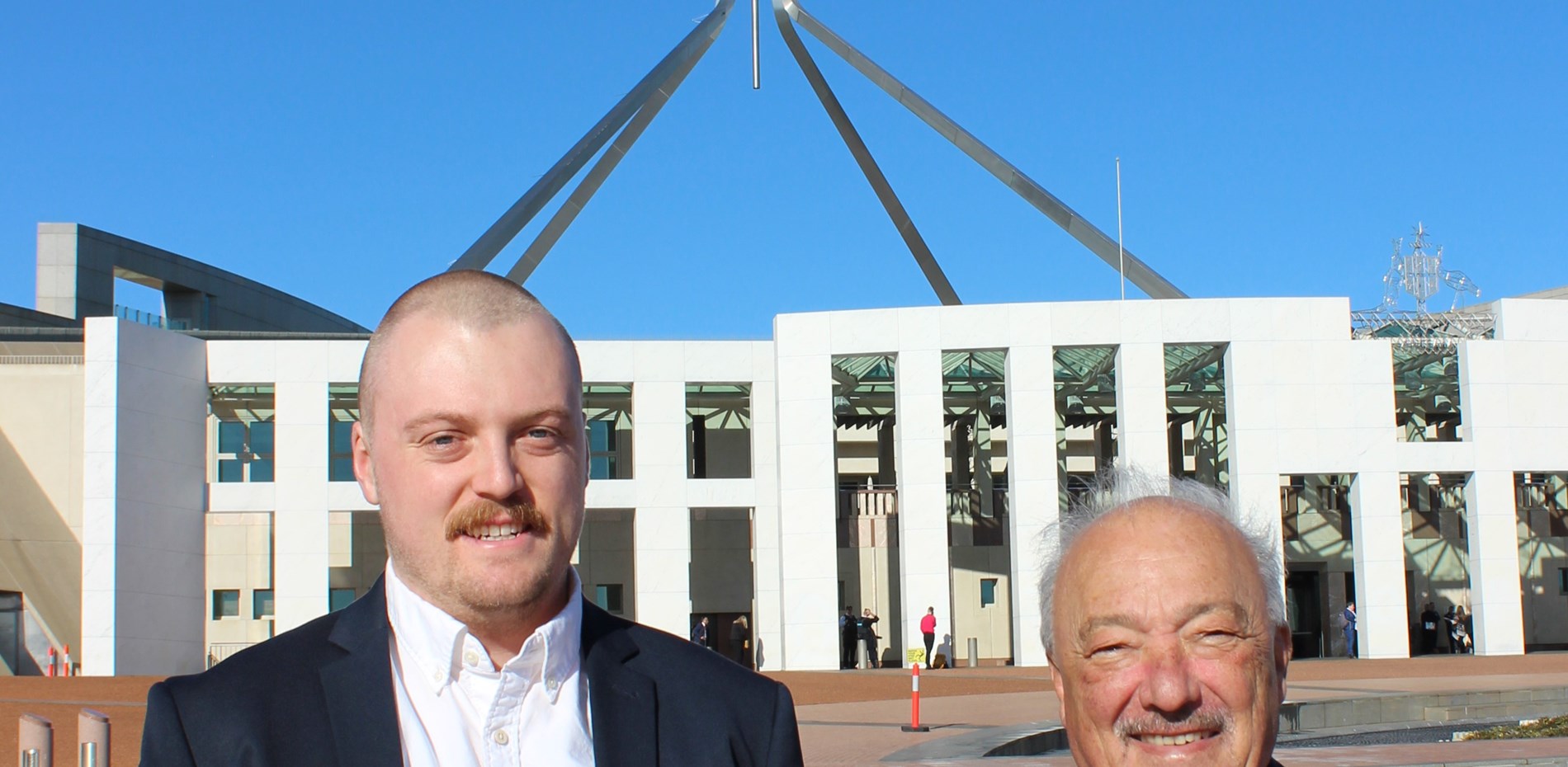I'm a big believer in education and in empowering the youth of today to become the leaders of tomorrow. I've really enjoyed my time in politics, and one of the reasons I've enjoyed my time in this place is that I'm proud to host students from the Australian National University's Australian National Internships Program, including our current student, Alex Jackson.
Alex joined us in July, and since then he's become more than an interning student; he's become an honorary member of our parliamentary office. I'm very proud to host him and very grateful for that opportunity, because from him I've learned a lot.
As part of his program and as part of the programs of the other students that I've worked with, Alex has been conducting a research report on lobbying in this federal parliament, including the rules—or lack there of—of lobbying. Alex has presented his final report to me, and it is a very valuable one. I will be talking about it more in the next sitting week. I'm very proud of his efforts. It is a detailed, well researched report totalling 35 pages with some very important information.
The main takeaway from the report in Alex's opinion and in mine is that the 'current lobbying regulations are not conducive for the transparency that is necessary for successful and sustainable governance' in this place and that, if recommendations were to be implemented, including those suggested by the Grattan Institute or the Australian National Audit Office, they 'could seek to address concerns regarding transparency, inadequate definitions and self-regulation.'
Both Alex and I agree that the ability to advocate or lobby is part of the democratic process, and that's being the ability to meet with representatives from groups, communities and organisations to discuss policy, funding and legislation. It can assist parliamentarians and ministers in understanding issues better in the community and enhance their knowledge of the implications from government actions or lack there of. It is important to me, and I do learn from the various lobbying groups that see me. Some of them are philanthropic, some of them are from businesses and many of them are in the health industry. These interactions can provide lobbyists and their clients with important insight into how parliamentarians feel and their thoughts on the same issue, which can assist in navigating the thoughts and intentions of this parliament.
What we both believe, too, is that it should not be an unruly influence over the direction of the nation, let alone detrimental to the betterment of our country, but rather to enhance it, and to do that there needs to be transparency. We can see groups, including those lobbying for tax exclusions or environmental exemptions and those lobbying for a variety of industries, including the mining industry, the power industry, the health industry, the education industry and many others. Many of these lobby groups are powerful and well connected and wealthy. The Sydney Morning Herald reported that the mining industry spent over $22 million in six weeks in 2011 lobbying against the Rudd government, equating to $3.6 million per week and a significant decline in public support for that particular measure.
On the contrary, lobbying efforts can lead to positive change, including changes to the healthcare system by patient groups or environmental legislation, thanks to the efforts of grassroots organisations, many of them philanthropic.
I thank Alex again for his hard work and his time working alongside myself and my chief of staff, Todd Steele. I would like to thank our ANU student from last year, Will Salkeld, who also did a wonderful job and is now working in the Department of Education. I think he really taught me a lot about the workings of education in this country.
I'm very grateful for all the students that have worked with me. It's been a really positive experience, not just for me but I hope for the students and for my staff and the wider parliament. It's been a wonderful experience. The things that I have learnt have been very important to my practice in this place and to my understanding of the parliamentary process.
Alex, who is working with us at present, is a fine young man, a credit to himself and to his family and a credit to the university. It's been an absolute pleasure working with him, and I hope very much that he stays in contact with my office. He is truly a leader of the future, and I know all who have come in contact with him have appreciated his interaction. He's been very helpful with many of the health groups that I've been helping with policy work in the parliament, and I know that they have found him an absolute pleasure to work with.
I'm very grateful for the experience. I'm thankful to the Australian National University. The internship program is a wonderful program. I would encourage all my parliamentary colleagues to take it up whenever they can, and I'm sure they will benefit from the experience.



